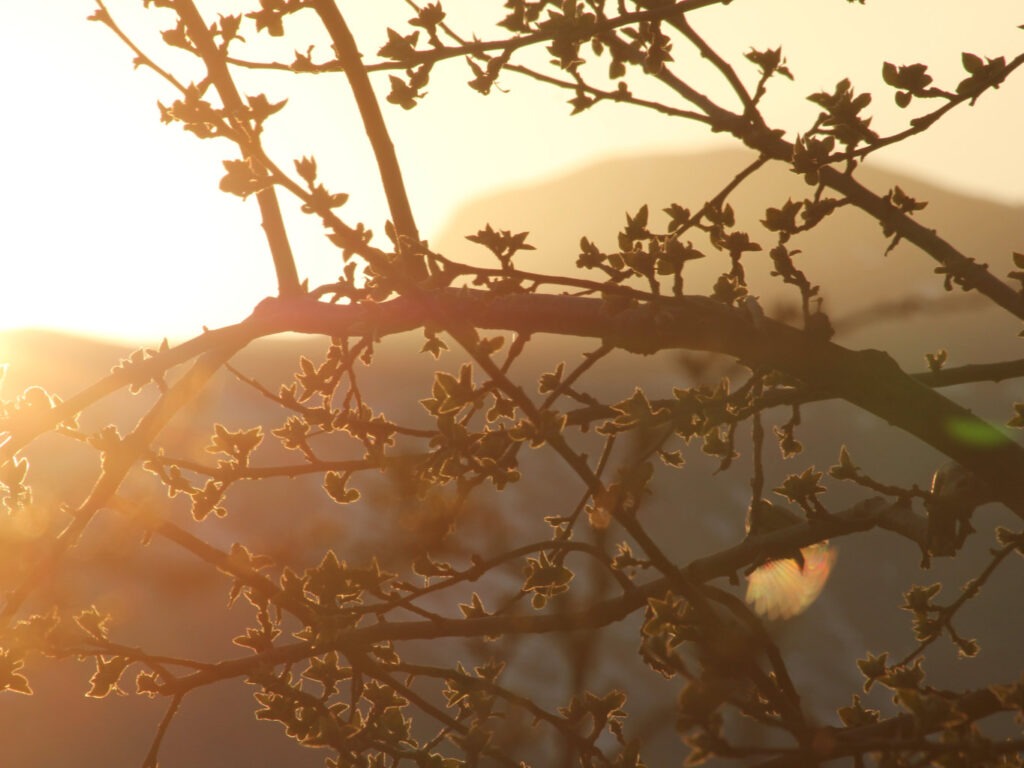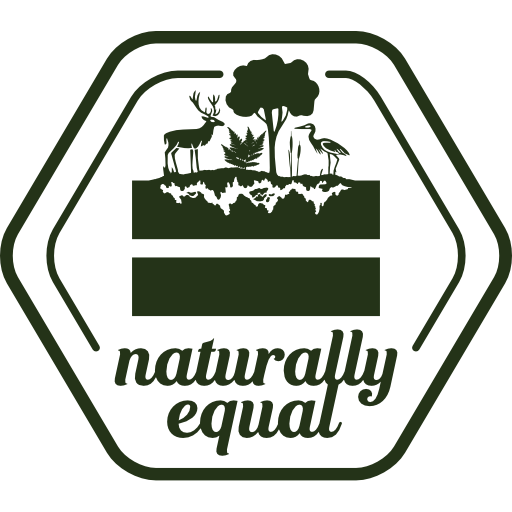What is naturally equal?
Naturally equal combines political education with nature connectedness. Here, you can find educational seminars and empowering experiences encompassing the topics of gender equality, intersectionality, de/colonization and cultural appropriation in a setting that focuses on community and a mindful connection to the natural and spiritual world. A central element of these courses is to nourish dialogue between us about the topics at hand.
What programs does naturally equal offer?
The introductory as well as advanced seminar “Gender Equality in Wilderness Pedagogy” is an educational program of two extended weekends, which focuses on knowledge and awareness about gender equality and queerness, including a crucial reflection on the binary gender system and its unquestioned perpetuation of “womanhood” and “manhood” and their stereotypes. It is designed for mentors, teachers and students of Wilderness Pedagogy (Wildnispädagogik) and related learning fields as well as all people who are interested in the above topics and love to live with and to be in nature. We want participants to gain a deeper knowledge of the sex and gender paradigm and to be able to see through its limiting, often discriminatory stance towards all queers as well as women and men.
The in-house trainings for wilderness schools, projects, non-profit organizations, communities and other teams bring individualized learning experiences to you. In preparations to the seminars a topic is decided upon: a. gender equality and queer visibility or b. decolonization and raising awareness for cultural appropriation. Of course, they can be combined in an at least two day course.
The Queer Nature Network is an initiative by naturally equal to bring together queer folks and to organize safer spaces for queers who are interested in experiencing nature connection and earth skills in a community based setting. Beginning in 2025, there will be a long weekend summer festival annually. And a little outlook: right now, we are in the process of organizing empowerment workshops for queer folks which focus on spending time in community in nature.
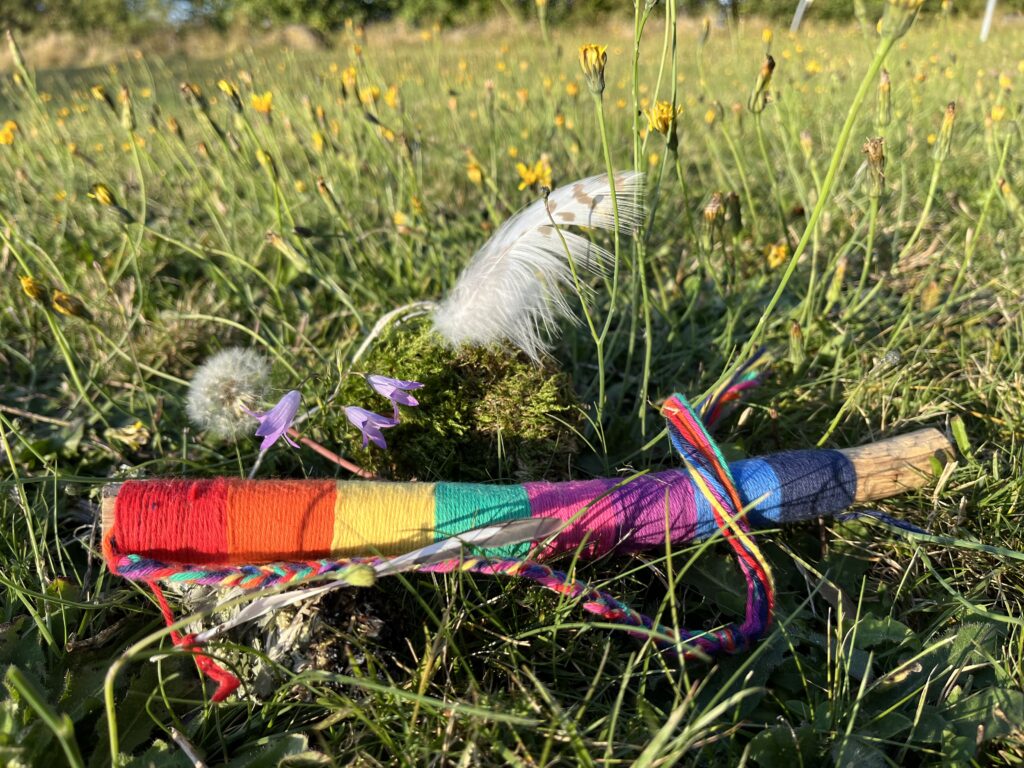
The descriptions of naturally equal’s course program have not been translated into English (yet) as we do not have the capacity to give courses in English at present. Should there be a demand, we hope to change this in the future. If you don’t know German but are interested in naturally equal’s programs, please leave us a message! If you live outside Europe and are interested in reaching out and connecting, please also feel free to contact us, we would love to get in touch.
You can’t solve a problem that you won’t name or that you won’t recognize is real.
Tim Wise
Why does naturally equal exist?
Naturally equal is based in Germany and specifically addresses political education and the lack thereof in the learning field of Wilderness Pedagogy (Wildnispädagogik) and related disciplines. As mentioned, the fields of interest span gender equality, queerness, de/colonization as well as cultural appropriation. So let us jump right in:
It appears that a particular interest in and longing for (what is believed to be) indigenous life seems to exist in Germany. This has, amongst others, been fueled through an inheritance of romanticized and stereotyped ideas of indigenous life, especially of Turtle Island (North America), through narratives of Karl May and other works of fiction. Additionally, almost three decades ago, especially Tom Brown’s and John Young’s students brought a certain kind of “knowledge” around wilderness education and awareness to Germany which has since been developed into what is now taught in “Wilderness Pedagogy” (Wildnispädagogik) in German. Generally speaking, Wildnispädagogik aims at facilitating a deep connection with nature, one-self, being within groups and communities as well as learning about sustainable ways of living, all by turning towards indigenous ways as a role model.
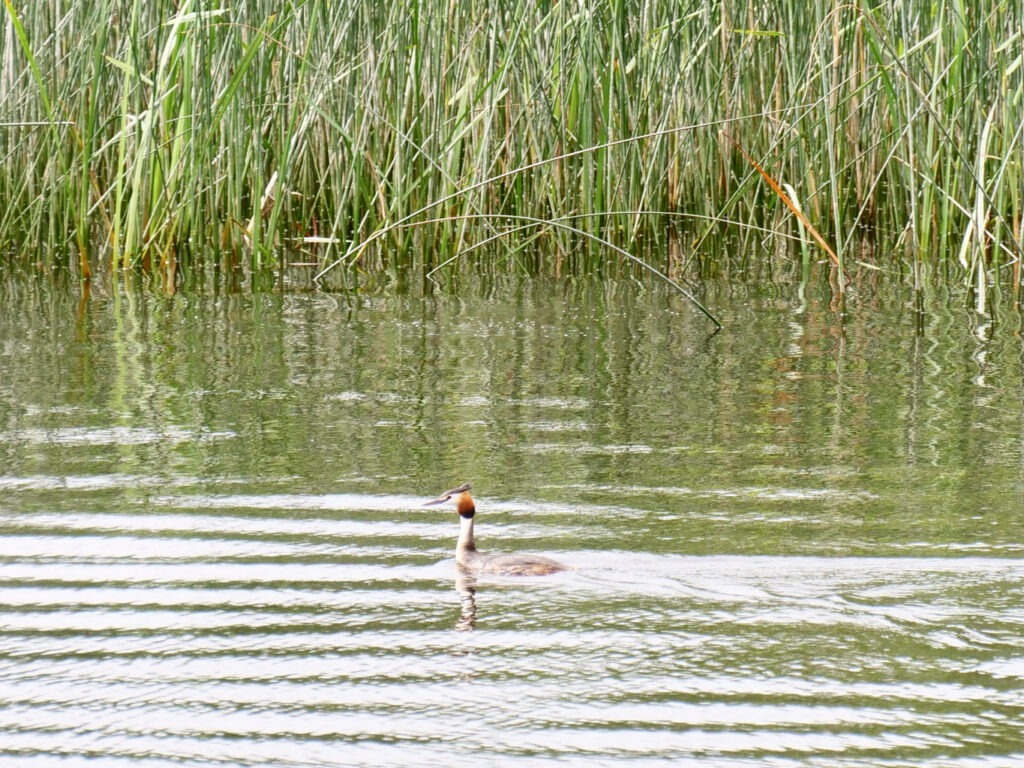
That being said, on the backdrop of recent discourses in academia, politics and society it becomes quickly apparent that within the field of Wildnispädagogik most mentors, teachers, wilderness schools and programs do not reflect upon, in fact, are not even aware of the complexities that accompany de/colonization as well as cultural appropriation in a globalized world. As a result, the dominant (European) culture has adapted, i.e. appropriated what is believed to be indigenous “practices and knowledge”. In fact, (pseudo-) indigenous knowledge is taught by white people without checks and balances and without a critical reflection of history, hegemony and power. There are very visible examples: Many campsites have tipis, some wilderness schools or groups perform sweat lodge ceremonies, sometimes even in Lakota language and the appropriation of other rituals is also common practice in many German wilderness schools. However, more subtle forms also occur, such as dynamics of power abuse, for instance the fueling of personality cults around certain mentors (usually men), claiming to have been inaugurated into classified indigenous practices, rituals or forms of knowledge, which they pass on to students in monetarized programs. Some teachers/mentors claim to have received permission by individual members of indigenous communities to do so, however, to our knowledge, they do not critically reflect on the dynamics of power, appropriation and contexts of said practices. This begins to touch upon the immense complexity of decolonization and a discourse on cultural appropriation.
Naturally equal does not claim to have all the answers, this would be foolish. Our aim is to start a critical discourse and offer spaces, in which we can all discuss together: When and how is it legitimate to turn to indigenous knowledge to learn about living in less destructive ways for the earth? Who gives permission to decide which cultural aspects may be spread among white people and who doesn’t? How can white people become fully responsible and act accountably? Why is it crucial to address the present-day situation of indigenous communities all over the globe? Why and when is cultural appropriation discriminatory and hurtful?
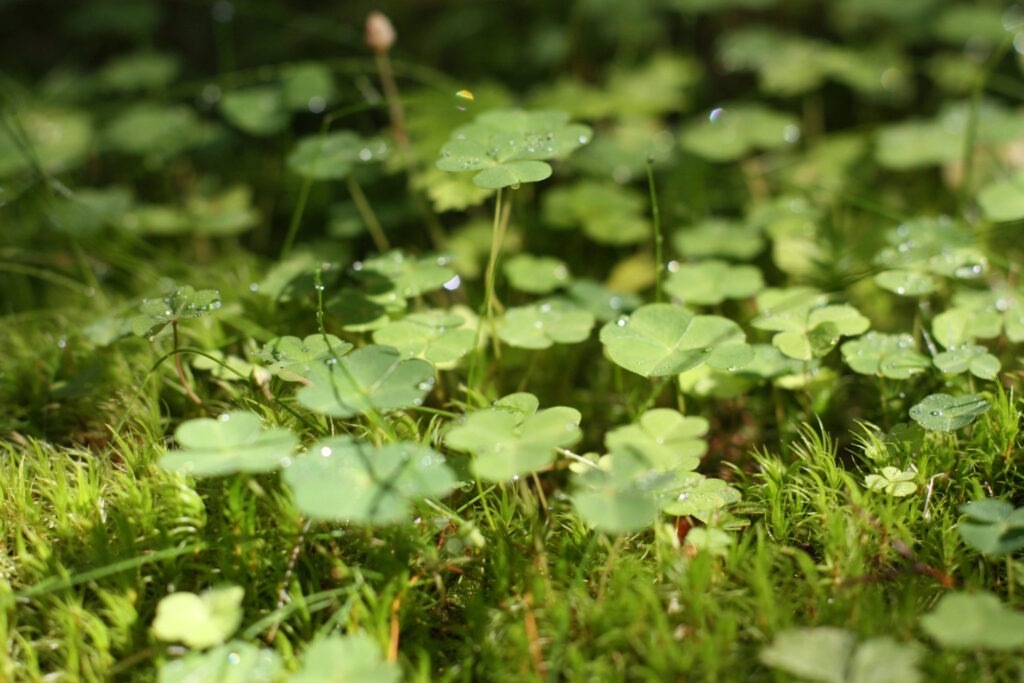
Wildnispädagogik and related fields of learning also face further challenges: A growing number of queer people have spoken up about their uneasiness in the field, a feeling of discrimination and/or invisibility and its effects. One of the driving factors for this seems to be the unquestioned and perpetuated view of “typical”, or even worse, “natural” roles of (a binary view on) femininity and masculinity directly and one-dimensionally connected to women/womanhood and men/manhood respectively that is perpetuated in many wilderness schools.
All these aspects persist in the German-speaking field of Wildnispädagogik and related learning fields. And it possibly will persist, if we do not start a necessary reflective (meta-)discourse in and especially about Wildnispädagogik. Its potential persistence will continue and perhaps, in this political landscape, increase the danger to be usurped by right-wing and alt-right ideological purposes that pursue anti-democratic and destructive goals. In fact, a master’s thesis published in 2023 (Burckhardt, 2023) explored this particular risk and found alarming results on how easily many narratives in Wildnispädagogik could be/are abused into right wing ideologies.
Naturally equal was founded to value and support the core values and strengths of Wildnispädagogik (and related learning fields) and to reflect these values and strengths through the lens of current discourses on gender, equality, inclusion and decolonization. This is to help mentors and students alike to make more informed choices about which knowledge, rituals and narratives are perpetuated in seminars and gatherings, to reduce discrimination and to enhance knowledge and discussions about gender, de/colonization and appropriation.
Change is never easy, but always possible.
Barack Obama
